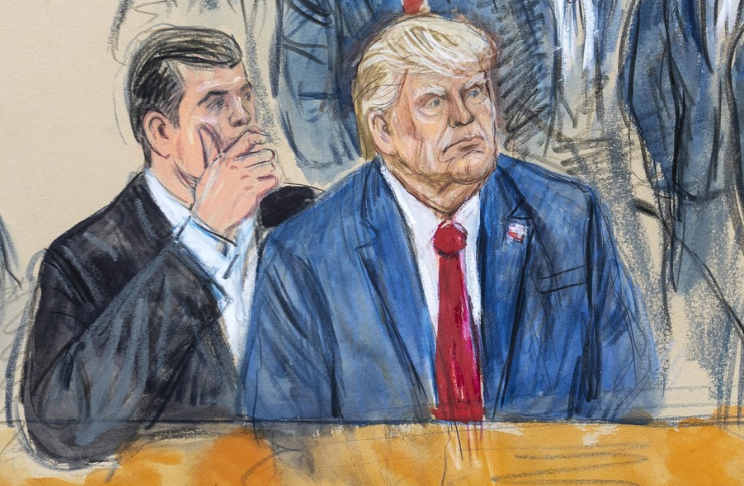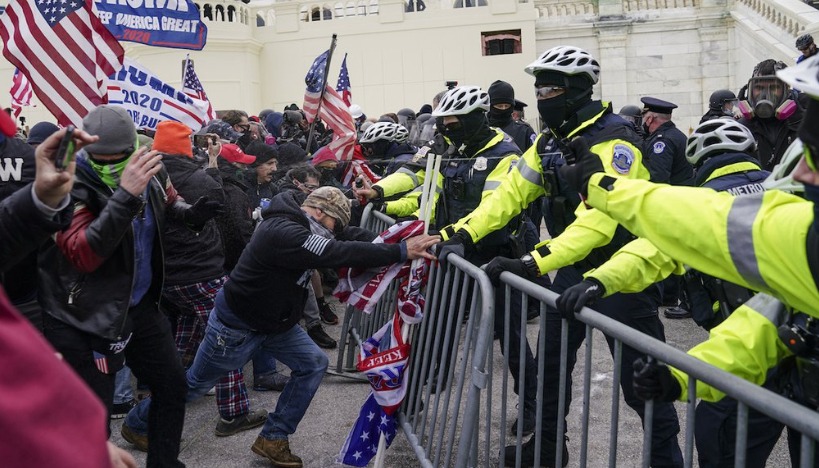The Supreme Court announced Friday that it won’t immediately consider a request from special counsel Jack Smith to rule on whether former President Donald Trump can face prosecution for his efforts to overturn the 2020 election results.
The matter will be decided by the U.S. Court of Appeals for the District of Columbia Circuit, which has indicated its intention to expedite the case. Smith had cautioned that even a swift appellate decision might not reach the Supreme Court in time for review and a final decision before the court’s traditional summer recess.
Smith had urged the Supreme Court to intervene, expressing concerns that the legal battle over this issue could potentially postpone Trump’s trial, set for March 4, beyond the next year’s presidential election.
U.S. District Judge Tanya Chutkan had placed the case on hold while Trump pursued his claim in higher courts, arguing that he is immune from prosecution. Chutkan suggested the possibility of maintaining the March date if the case returns promptly to her court.
She had already rejected arguments from the Trump team, asserting that former presidents do not enjoy special immunity from federal criminal liability and can be subject to federal investigation, indictment, prosecution, conviction, and punishment for any criminal acts committed while in office.
Separately, the Supreme Court has agreed to hear a case involving the charge of obstruction of an official proceeding brought against Trump and more than 300 of his supporters who stormed the Capitol on January 6, 2021.
In the immunity case, Smith attempted to convince the justices to directly address the matter, bypassing the appeals court, emphasizing the crucial question concerning whether a former president is absolutely immune from federal prosecution for crimes committed while in office, or constitutionally protected from federal prosecution when impeached but not convicted before criminal proceedings start.
Highlighting the urgency for prosecutors to swiftly resolve this issue and advance the case, Smith and his team emphasized the imperative public importance of addressing respondent’s claims of immunity promptly if his immunity claim is rejected and ensuring a speedy trial.
Justice Department policy prohibits the indictment of a sitting president, but there is no such bar against prosecuting a former president. Trump’s lawyers argue that he cannot be charged for actions falling within his official duties as president, a claim vehemently disputed by prosecutors.
Trump is facing charges alleging that he sought to overturn the 2020 election results, which he lost to Democrat Joe Biden, prior to the violent riot by his supporters at the U.S. Capitol. He has denied any wrongdoing.
While a Supreme Court case typically spans several months, in rare instances, the justices expedite proceedings. Almost half a century ago, the court acted within two months to compel President Richard Nixon to release Oval Office recordings in the Watergate scandal. These tapes were subsequently used in the 1974 corruption prosecutions of Nixon’s former aides.
The court also made a rapid decision to effectively resolve the 2000 presidential election in favor of Republican George W. Bush over Democrat Al Gore.








